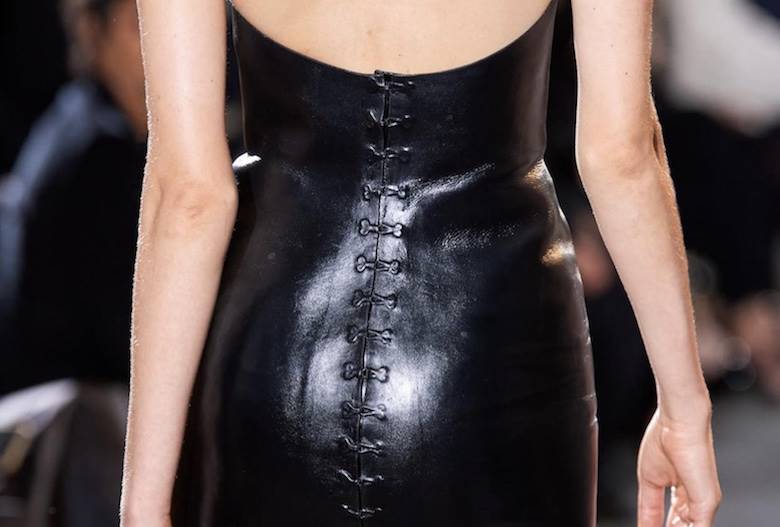Richemont up 129% in Q1, currently ‘deeply analysing’ its leather supply

Luxury group Richemont has reported its fiscal results for the first quarter (Q1) of 2021, which for the Switzerland-based company ended on June 30.
It said that its sales revenue increased by 129% at constant exchange rates (121% at actual exchange rates) on the previous year, up 22% (18%) on the first quarter that ended June 30, 2019. Richemont stated that sales had exceeded pre-pandemic levels in most business areas, channels and regions.
Significantly, the Americas performed better than all other regions for the conglomerate, noting a 276% increase in sales at constant exchange rates over the previous Q1 period.
Prior to releasing its quarterly financial statement, the group also made its sustainability data available to the public for fiscal year 2021 (from April 1, 2020, through March 31, 2021).
On leathergoods, Richemont revealed that the category generated 9% of its turnover during the fiscal year and commented that leathergoods were of “growing importance”, both for its own luxury houses and for the industry in general.
The company said that all its manufacturers (and tiers one and two of its manufacturers’ own networks) were known and audited, with the majority based in Italy. Similarly, all tanneries and their networks are known to the group, the report stated, with plans underway for all to be audited. These audits have faced postponement by “several months” due to covid-19’s impact on business.
Currently, 65% of Richemont’s bovine hides come from Leather Working Group (LWG)-certified tanneries. The goal is to increase that figure to 80% by 2023, the document explained. An in-house corporate social responsibility (CSR) committee specially dedicated to managing the conglomerate’s leather sourcing activities is overseeing this.
Richemont also noted that it “follows the developments” of the International Crocodile Farmers Association (ICFA) on the subject of reptilian and crocodilian animal welfare standards.
Interestingly, the group concluded its section devoted to leathergoods by stating that it is “deeply analysing” its bovine and alligator supply chains, with the express intention to reduce its environmental footprint.
It particularly emphasised carbon dioxide emissions as an area it is currently investigating and said that life-cycle assessments, to be conducted alongside unspecified international organisations and universities, are “being planned” in order to analyse this area “in depth”.
A leather garment from Pieter Mulier’s debut presentation for Richemont soft luxury house Azzedine Alaïa in early July. Image via Instagram (@maisonalaia)










